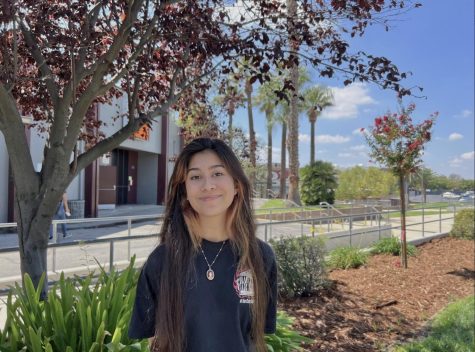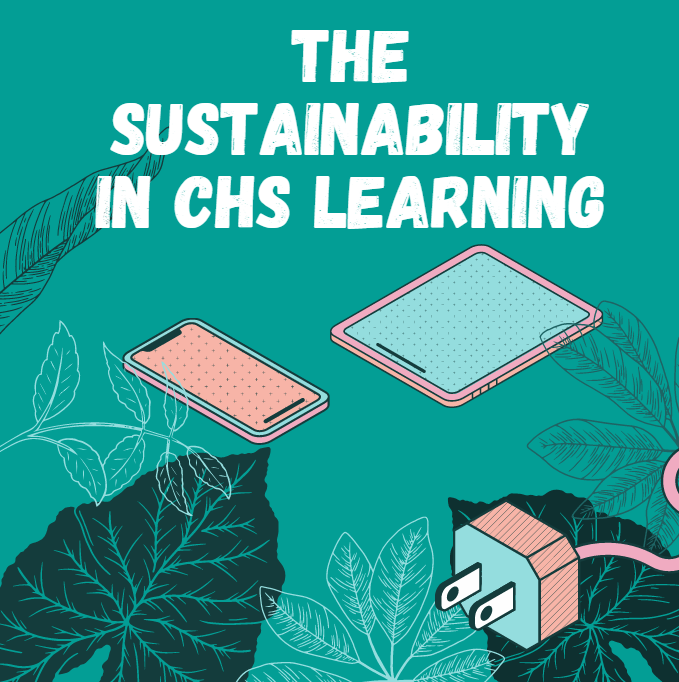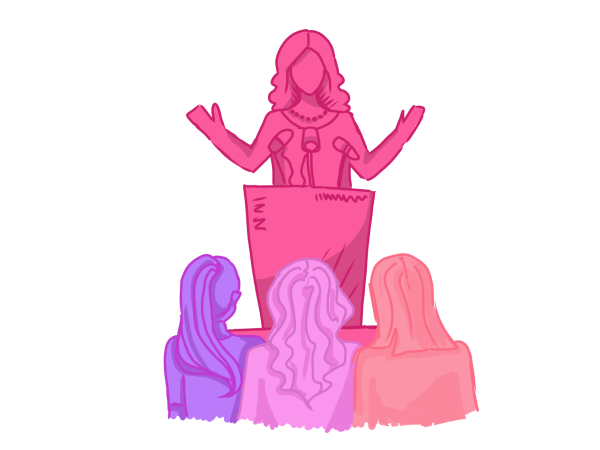The Environmental Sustainability in CHS Learning
Although Covid has been a detrimental experience, it’s allowed for schools to unknowingly become more sustainable. The temporary switch to online school has made digital-based learning the norm, with tech companies like Canvas, Schoology, and Blackboard becoming the basis of high school course structures. As more students interact with strictly virtual homework, less physical waste is created. At CHS, students rely on iPads to access assignment instructions and deadlines, with the majority of homework now being submitted as pdf documents rather than physical sheets of paper.
There are three aspects that determine a material’s sustainability; its carbon footprint, biodegradability, and its potential to be used and recycled. Unfortunately, 15% of deforestation is done to appease the need for paper-related goods, spanning from school textbooks to loose-leaf notes, meaning paper’s carbon footprint is not sustainable.
Paper is a seemingly wholesome material, but it takes two gallons of water to produce a single sheet. Thick packets, distributed amongst thousands of students, create swimming pools of lost water. Online assignments reduce the carbon impact from paper manufacturing and transportation, leaving more funds in a school’s pocket and more clean air in the environment. Since 2008, eighty-percent of schools nationwide have experienced economic strain. The visual arts, music, and theatre are first to be cut from a schools budget- the arts do not simply sweeten an individual’s life, but open them to new ways of seeing. Extra funds can be directed toward these underappreciated programs.
The benefits of virtual homework don’t stop there, its accessibility gives students the freedom to study from anywhere at any time. When bulky textbooks and crumpled packets are neatly stored in a computer chip, it in turn makes backpacks lighter. Heavy backpacks contribute to neck, shoulder, and back strain, leaving students vulnerable to fatigue and stress.
Schools are not entirely engrossed in virtual reality just yet, with certain studying habits not straying from traditional pen-and-paper. The ancient act of handwriting has unmatched cognitive benefits, it sharpens focus, memory, and creativity, and it cannot be tossed aside. However, the school environment is steadily finding a healthy balance between the tactical and virtual worlds of learning. The current best plan of action is to encourage recycling paper and iPad usage, and to have schools be aware that these seemingly simple ways of studying have a big impact on the environment at large.
Hello there! Our goal is to provide relavent, engaging journalism for readers of all ages. Your donation will support the student journalists of the Wolfpacket at Claremont High School, and will allow us to purchase equipment, print our monthly issues, and enter in journalism competitions. We appreciate your consideration!

Frida Garcia is a senior at Claremont High School and the Head Features Editor of the Wolfpacket. Besides designing for the features spread, Frida’s...










